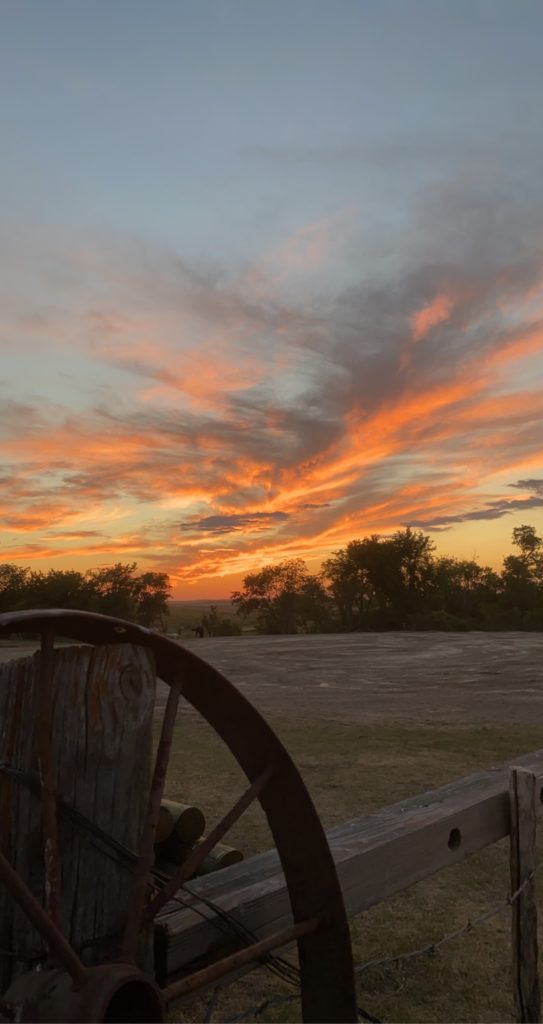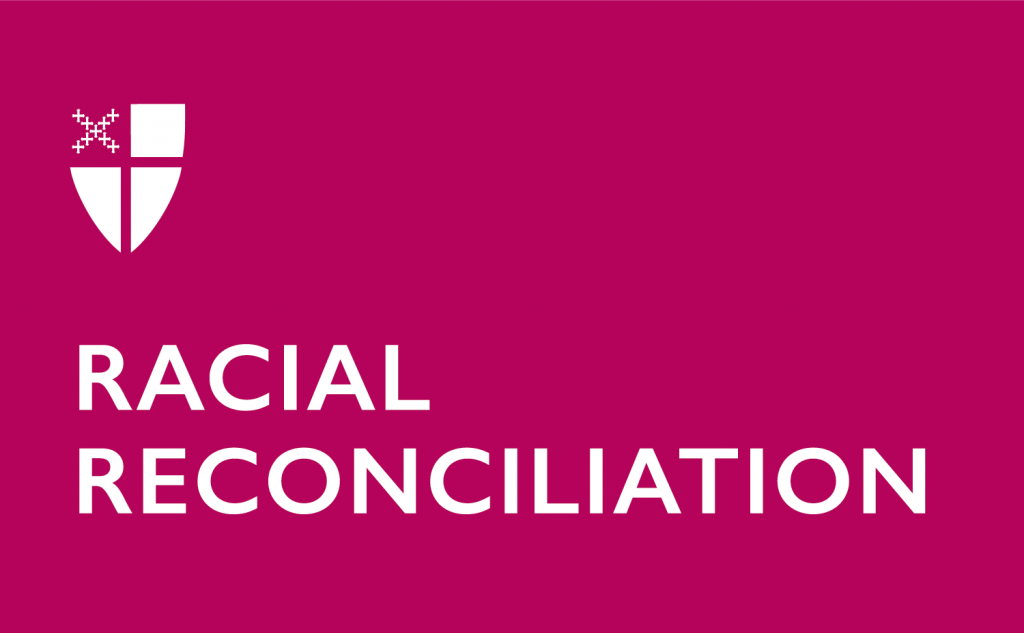We are ALL Related
By The Rev. Kurt J. Huber and the Rev. Ellen B. Huber
Last summer, a young boy went to Home Town Days in the reservation town of Eagle Butte, South Dakota. There he waited in the scorching heat for 45 minutes at the high school track until his turn finally came. He would ride a pony. No matter that the ponies were attached to a metal wheel walking in circles. As he confidently strode up to Hershey, his chosen pony, he was asked if he had ever been on a pony before. No, he said, as he climbed onto the mounting block. “Wait, let me show you….”
But it was too late. The boy had put his left foot in the stirrup, and swung his right leg over and settled in the saddle like a pro. “Are you sure you’ve never ridden a pony before? You knew exactly what to do!” No, the boy said, but I’ve seen it on TV. He then leaned over and petted Hershey on the neck. His eyes grew wide with wonder—he’s so soft! I didn’t know they were so soft! Where do you live? he was asked. Eagle Butte, he said.
Surrounded by some of the most beautiful horse country in the world, many children growing up in the Cheyenne River Reservation live in small homes in town and have little access to the horses that their elders and ancestors knew as family. Believing in Mitákuye Oyás’iŋ, which is translated from the Lakota as ‘we are all related,’ the Lakota traditionally had a strong and intimate relationship with the land and the horses, until they were separated. Slowly, this painful separation of the Lakota from horse relatives, and the deep and the lasting effects of this trauma, are beginning to be acknowledged and repaired.
The Cheyenne River Episcopal Mission seeks to participate in the restoration of the Lakota horse culture through the equine ministries in development at Black Horse Ranch. These horsemanship programs, which work closely with the local community, offer a place of healing, teaching, recovery and support through ministries with horses and the land. Mitákuye Oyás’iŋ reminds us that all people and all of creation are relatives, and therefore we are all connected.
As Sicangu Lakota artist and writer Mary Black Bonnet explains: “All of us, no matter who you are (person), or what you are (grass, trees, rocks), are the same. No one is better than anyone else. Our lives really are circular, and yes, everything REALLY is related to everything else. Some say related—I like to say enmeshed because it really is.” Walking the Way of Love, loving our neighbors as ourselves, we begin to restore the damaged web.
Visitors and mission groups are always joyfully welcome to visit or schedule a retreat day with the horses.


The Rev. Kurt J. Huber and the Rev. Ellen B. Huber are the superintending presbyters of the Cheyenne River Episcopal Mission—12 churches in the Cheyenne River Lakota Reservation in South Dakota. Visit us at www.cheyenneriverepiscopalmission.com or on Facebook @CheyenneRiverEpiscopal & @BlackHorseRanchEB.

